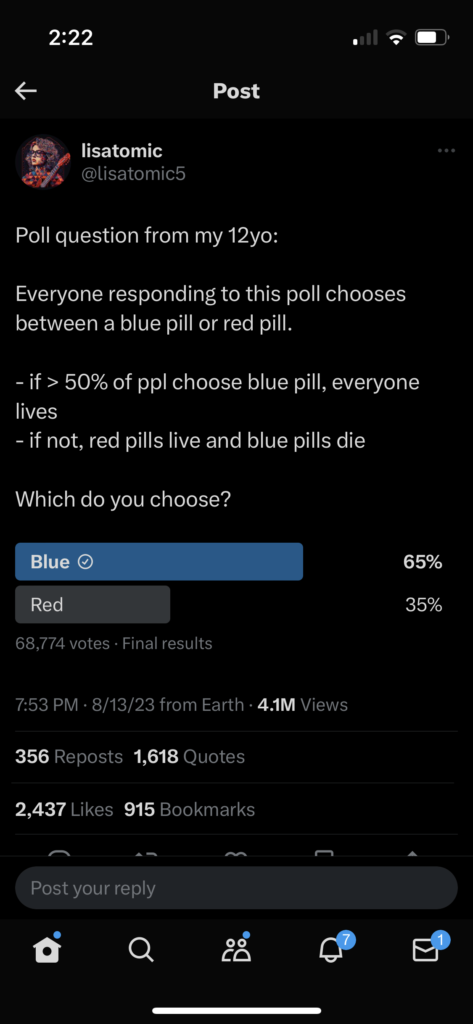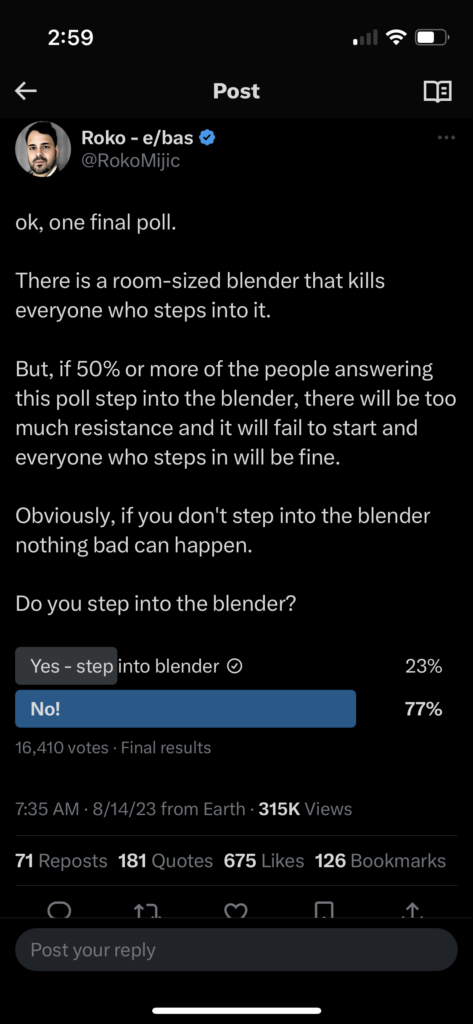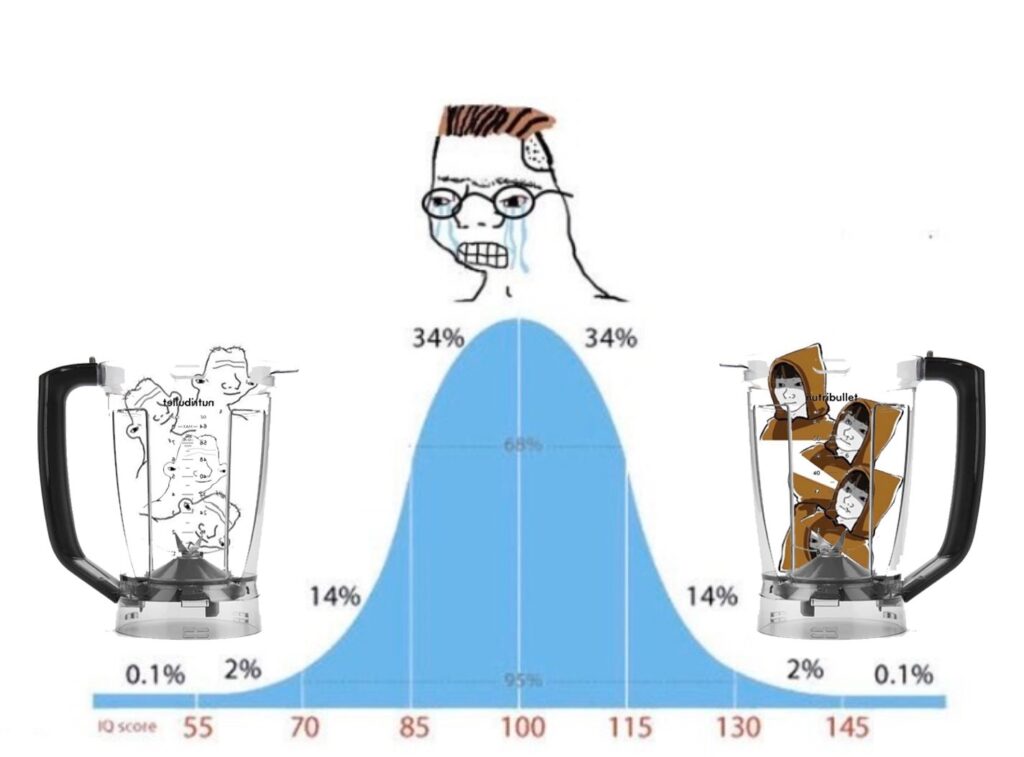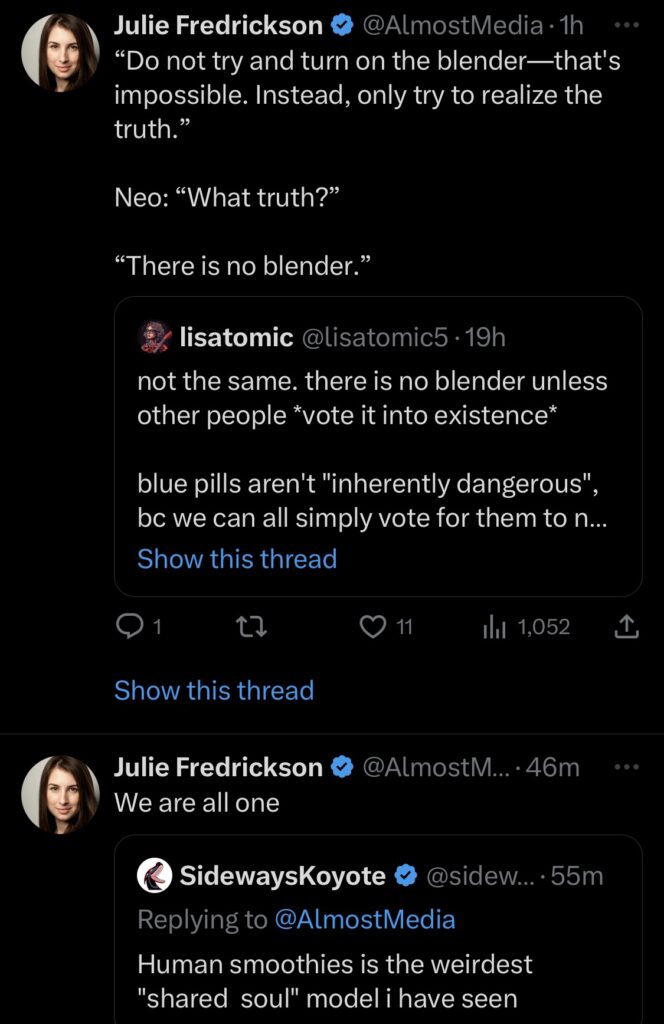A toxic morass of content has been circling on Twitter and corners of the chattering classes on TikTok, Substack, and podcasts that I’ve taken to calling gender bait.
Topics like “body counts” and the relative degrees of acceptable promiscuity in women (as little as possible) is everywhere. We are main charactering single women for sleeping in on Sundays. Hot takes on how women are failing men is everywhere.
The insecurity is palpable. The lust for control is high. How many people you’ve had sex with and how it affects marriage and family formation has been a contentious topic in culture wars in America for sometime. For a private matter between partners, it’s shocking how much it’s become fodder for social media grist.
Presenting scorn to women for being without significant others and children strike me as callus. Fertility is one of the most sensitive possible areas for anyone. I know it has been for me. You never know why someone is childless.
I wouldn’t recommend diving into gender bait topics if you aren’t already aware of the discourse and it’s champions. This variant appears to have gained momentum with a YouTube celebrity boxer feud.
It’s now percolated out to every engagement farmer looking to grow their outrage crops. And it looks like business is booming. Sadly, lonely people are desperately searching for control and reassurance and gender bait gives it to them.
It feels as if we are repeating the same slut shaming I saw as a teenage girl but on some new variant of reactionary steroids.
If you are looking for ways to judge, shame and coerce others into behaving in a way that provides you comfort without their consent please consider that the problem might be you. It’s your insecurities speaking when you apply sweeping generalization to an individual you may not even know.
Once you are secure in your value and worth it’s a lot easier to get what you want from others simply by having boundaries and standards. There is no need to rain judgement on others. You wouldn’t want them doing it to you. Apply the golden rule and nurture empathy. The security you will find will last longer than any temporary control you may find through shame or judgement.



